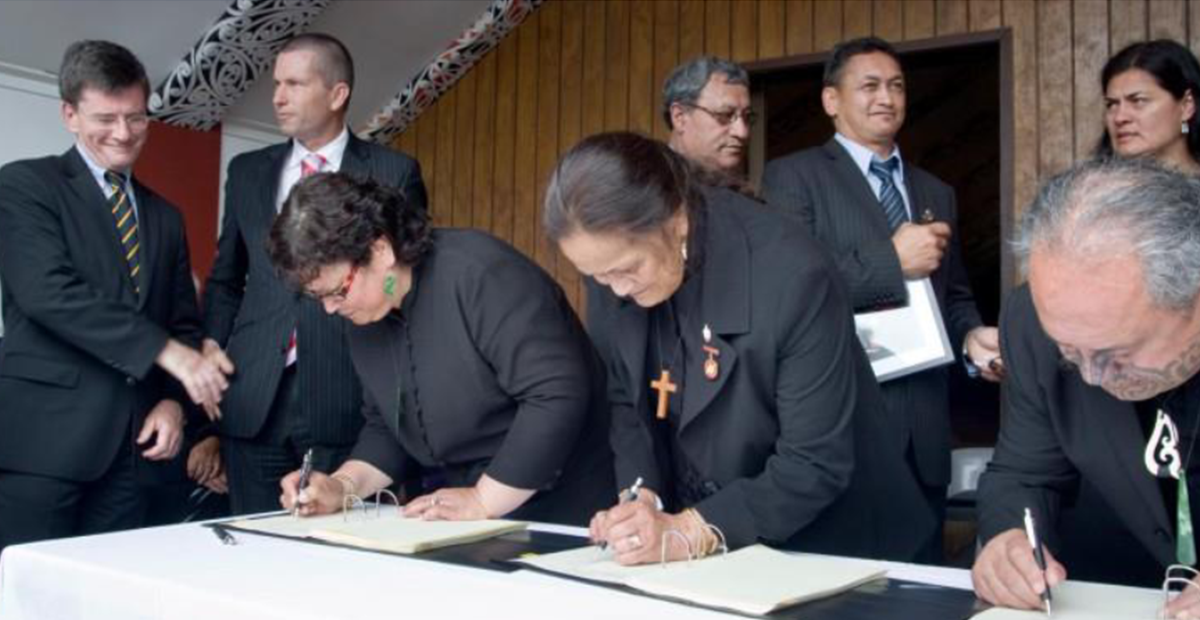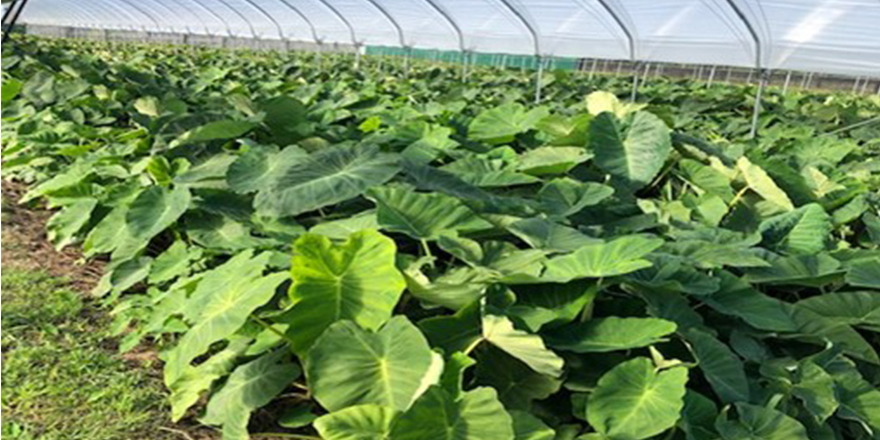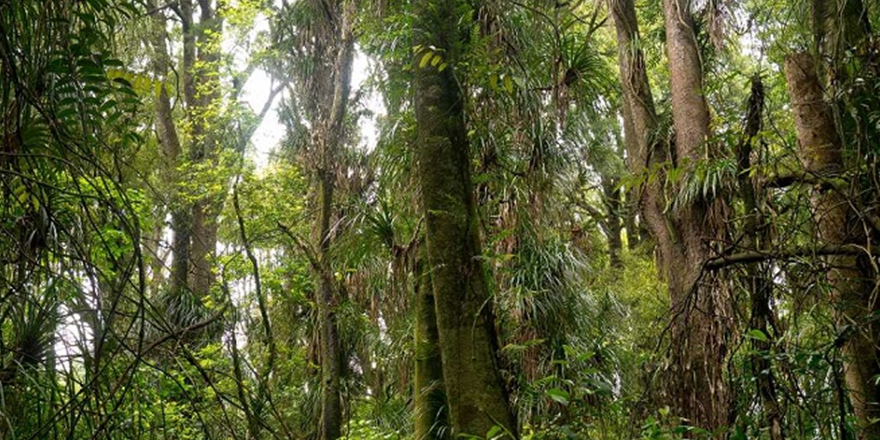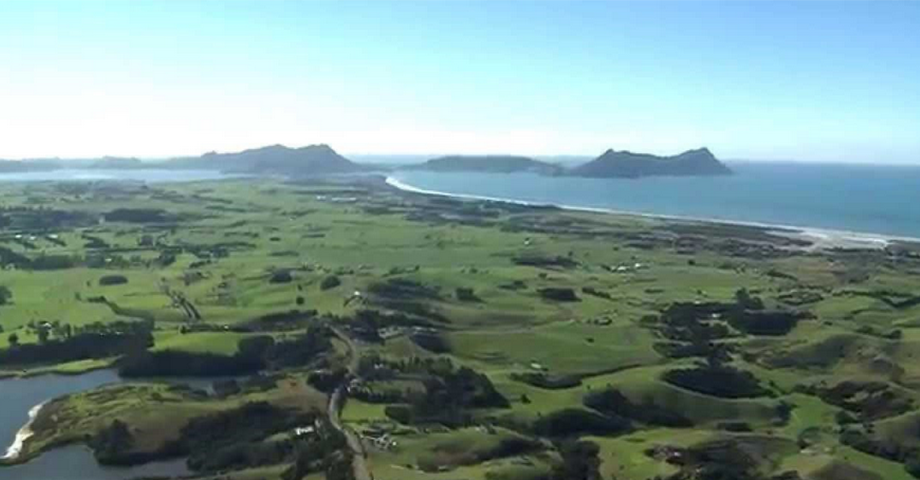
Executive Summary
My Iwi – Ngati Pahauwera.
Ngati Pahauwera is a confederation of clans centred on the Mohaka River in northern Hawke’s Bay. The tribe did not sign the Treaty of Waitangi, Chief Paora Rerepu sold large areas of tribal land to participate in the new economy, and supported the colonial government against anti-government Pai Marire (Hauhau) and Te Kooti fighters.
To be from Ngati Pahauwera is an honour that we all hold proudly. We are quick to advise strangers of our lineage to the region in order to take the front foot in Korero. Descendants of Pahauwera are global but we still have a common connection to our home through our whakapapa.
At the heart of Pahauwera are the Māori settlements of Raupunga and Mohaka. Mohaka being close to the Mouth of the mighty Mohaka River and Raupunga situated 20 minutes upriver, close to the Mohak a viaduct, the Tallest Railway Viaduct in Australasia.
In conversations with Pahauwera Leaders I have been told of the good old days when there were jobs for everyone. You were either a Farmer, Shearer, Ganger on the Railways, Driver for the Ministry of Works, Forestry Worker or you drove the short distance to Wairoa and worked at the Freezing works.
Most of the Jobs were hard labour intensive ones, jobs where you knew that you had done a hard day’s work, jobs that young Maori thrived at. Today those jobs seemed to have been scaled back or restructured in preparation to sell off to the highest bidder and this has come at a cost to our people.
Within the Raupunga and Mohaka area I remember growing up with a Fish n Chip Shop, Movie Theatre, 2 stores, a Post Office , a Police Station and a Pub, today we have none of these. The Urbanisation of our People has left the a reaunrecognisable. Most of people moved to either Napier/Hastings or Wairoa in search of employment or following family.
Today we have 180 house holds in the Pahauwera Catchment (Est under 1000 people), the average household income is $17,500 p.a. The Average household income for those of Pahauwera living outside of Pahauwera is $23,000 p.a
Unemployment or Low income jobs seem to be systematic for our people both within the iwi and those that have moved to the towns. Somewhere along the line some Maori as a race have lost their way. We are now seeing generations of unemployed families, Generations of unskilled labourers, Generations of families stricken with Health issues, generations of child poverty, violence and gang culture. Pahauwera is not immune to this trend and in some areas we would rank highly.
“One of the major causes of child poverty is the relative lack of jobs for parents who have limited educational qualifications, skills or work experience ” (Working Paper no 12: Expert advisory group on solutions to child poverty, pg 2, pt 9)
For me the root of some, if not most of these issues is education and employment. The Ngati Pahauwera Development Trust have a vision to increase the household income by 50%. On current figures this will take the range from $35,000 for those residing in the Iwi and $46,000 for those that are living outside the area.
“According to Statistics New Zealand, the Average household income for New Zealand rose by 11.8% to $84,462”
To do this we need to create jobs within the Iwi, jobs that have a career path and offer opportunity to upskill and personal development in an effort to breaking the cycle that I believe we are currently in.
Amidst all this doom gloom about how we are not succeeding as a people, we do have a strong heart, we are passionate about our Turangawaewae and we do have some highly motivated members of the community that have a vision for self-sufficiency for our people, and I am one of those!
The Purpose of this report is to focus on what the Social effect of having high density employment, like Horticulture will bring to the region.
This report will give you a back story to Ngati Pahauwera, before we go forward we need to know where we come from to understand why some things are how they are.
This report is not about how I plan to introduce a Multi-Million dollar Horticultural industry into Ngati Pahauwera, giving full time employment for up to 100 people, 10 months part time employment for approximately 50 people and seasonal employment for up to 300 people at its peak, this report is more about ‘why’ do we need to do it and not the ‘How’. We need to “decentralise “ our people back to their homelands, But bring them back to what? What will the Social impact be on a community who currently have an average household income that is insufficient for the needs of a modern family in New Zealand.
It is obvious that land planted with Horticultural crops (In particular Fruit trees) requires more FTE’s (Full time Employees) than a traditional Farm will and this is the basis for this report.
Download and read the full report here:



